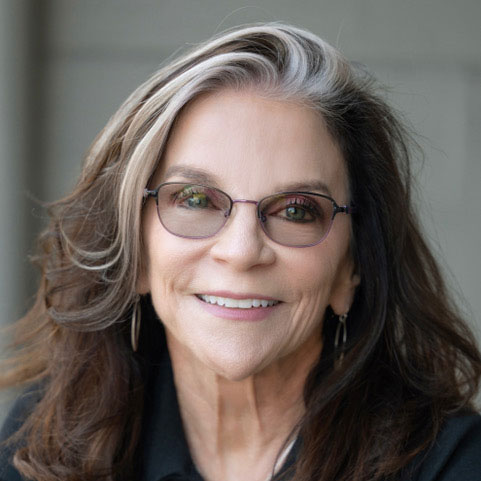For last year’s words belong to last year’s language and next year’s words await another voice.– T. S. Eliot
Greetings and Happy New Year!
The beginning of a new year brings with it a rush of hope and new intention that thisyear we will do the things we’ve been promising ourselves. We’ll make those changes in our lives to be healthier, less stressed, have more fun and finally, this year, set aside more time for our creative lives. A balance of hope–that we can do it, and fear–that we won’t. Discussion at holiday parties, on Facebook, abound, while news reports stories and statistics about the success of annual resolutions.
I recently read an article by Geshe Tenzin Wangyal Rinpoche: “The Great Perfection of Creativity,” in which he says our creativity is a function of our state of being. That to fully realize our creative selves requires a “state of natural flow,” a state that hope and fear keep us from achieving. He writes that: “To keep from getting caught up in hopes and fears, you must first stop focusing on the goal.” Yet, as writers we are inundated with “how to” articles, books and emails promising quick paths to writing goals: Complete your novel in 30 days! Land a Book Deal in 2013! And then there’s Nanowrimo, writing to produce quantity rather than quality.
So how do we do this? It’s counter to our culture. Here are a few ideas:
Be realistic about your time. Determine periods of your week, your days, to set aside for writing. Approach your writing desk, pad, or computer with a desire to discover. I find that meditating before I write opens this door. Just 5 quiet minutes, breathing, can reboot your creative energy!
UNPLUG. Many tools exist to help you disconnect from the noisy world and go inward. One is Freedom that allows you to make your computer work better for you by tuning out the world for a specified period of time. I used to turn off my internet access, but a research questions might suck me back in. With Freedom, you have to reboot your computer to get around it.
Let’s say you have only 90 minutes to write. Turn off your phone. Engage “Freedom”or similar app–Unplug for 45 minutes. Sit for a few minutes, eyes closed, feet on the ground, hands on your thighs and pay attention to your breath, allow yourself to return fully to your body. Even just ten slow deep breaths can make a difference. Notice when you smell, hear, taste and fell. Then begin. Ask yourself: What is the scariest part of your story, what is the part of your novel you’ve been avoiding–go there, see what excites you. Forget about the deadlines or grammar, tell your critics to take a seat; you’ve got work to do. Be bold. Be fearless. When the 45 minutes end (with a program like Freedom you’ll get a notice, or perhaps you set a timer), stand up, do some stretches, make a cup of tea/coffee–do something renewing. Try not to plug back in, allow the work you’ve been doing to rest in you, see what ideas come as you walk, sip your tea. Then return, reset for another 45 minutes. Pay attention to what it is you’re working on when you want to jump up and stop. Is there something pregnant in the work, something wanting to emerge, something at the edge of your awareness?
During our funnel rain-crazy weather I couldn’t resist going out into the downpour with the excuse and goal of unclogging rain gutters, digging out drains. I got lost in my work. As I pulled rafts of leaves, needles and branches from the street gutter I stopped, suddenly aware of an overwhelming gladness. Aliveness! I was reminded ofthat powerful scene in James Joyce’s “The Dead” that I’d reread the night before. What delight to be out in my old rain boots, listening to the staccato rhythm of the rain, watching the wind stir up the world and coax leaves to abandon their trees as water seeped through my clothes, my hands happy in my gardening gloves diving into each task, directing the flood.
As writers, our moments of being most alive occur when the ideas flood through us, spilling onto the page, delighting us when just the right language arrives. Yes, yes yes! We are not counting the words or the days because we are alive to our own voice. We know just where we’re going! We could write forever! Our work is to stay in this alive place, to let go of the big goals as we write, to be present to what our writing is trying to say.
Most of our work is trial and error–writing, reading, rewriting, rewriting. As we begin this new year, I invite you to consider your writing from this last year, read it all again, read for what calls to you, for what feels most alive. And rather than counting the number of pages, your publications and rejections, focus on what you’re doing best, acknowledge your growth and development as a writer, read for the aliveness and return to those places. Can you remember where you were when you wrote the best of it? Did you meditate that day? Take a long walk before?
PROMPT: Write about jumping into a difficult task, fighting the elements: What are the physical costs? What is the goal? What complicates achieving that goal? What do you feel? Smell? What is the temperature? Is there a moment when the goal seems impossible? Use all of your senses. Write wild, anything goes…surprise yourself!



0 Comments